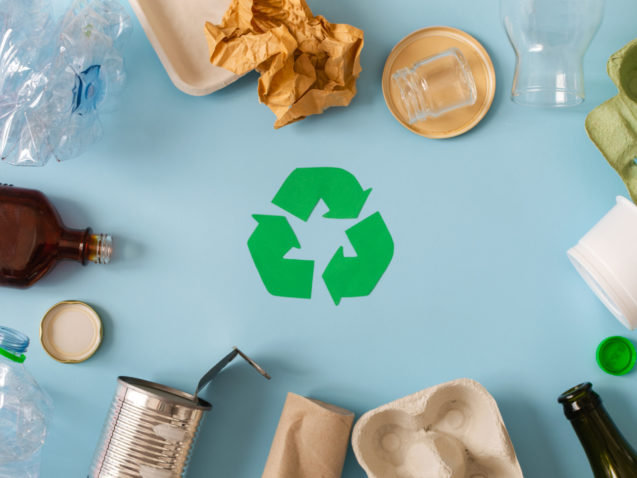The European Commission’s proposal for a new EU Packaging and Packaging Waste Regulation, published today, will require significant improvements to be workable for food business operators to help achieve our collective ambition for sustainable packaging and a circular economy.
Dirk Jacobs, Director General of FoodDrinkEurope, said: “The Commission’s proposal contains several positive aspects, notably the push for harmonisation to boost packaging circularity across the EU. However, it lacks tools to support the food, drink and packaging sectors with the infrastructure and enablers to allow faster uptake of reduce, re-use and recycling processes.
“The targets and timelines set out, in particular on re-use and re-fill, are well-intended but regrettably unrealistic without appropriate enabling conditions and could even hamper – rather than enhance – sustainable packaging aims.”
In step with the EU’s circular economy ambitions, the European food and drink industry has invested heavily in the transition to sustainable packaging. However, over the years, the industry’s efforts have been hindered by a lack of infrastructure in collection and sorting in many countries across the EU, delayed authorisation of recycling innovations and a growing lack of available food-grade recycled material, which is needed for food safety and hygiene. The industry needs stable and consistent conditions to engage in long-term business investment to enable circularity in the future.
On the positive side, the legal instrument of a Regulation, rather than a Directive, should facilitate a harmonised approach across EU Member States, including harmonised sorting instructions, minimum requirements for deposit return schemes (DRS), and eco-modulation of fees for extended producer responsibility schemes (EPR).
However, the Commission’s proposal still leaves too much space for divergent national initiatives, which further fragment the Single Market and run counter to the proposal’s objective.
In addition, the proposal gives extensive power to the European Commission to expand measures such as bans of types of packaging, which does not provide businesses across the EU with predictability to gear their investments in the years to come.
FoodDrinkEurope is also concerned about the administrative and associated cost burdens the proposal places on companies, particularly Europe’s 289,000 food and drink SMEs.
In short, FoodDrinkEurope believes the proposal will need to:
- Provide better clarity on definitions and timely, unequivocal guidance for the industry
- Set realistic targets and timelines, ensuring targets consider availability and costs, impact on environment, as well as the quality of infrastructure and technology available
- Apply minimal use of secondary legislation that could cause significant and unpredictable changes
- Prevent Single Market fragmentation
- Unlock innovation in new technologies and packaging solutions to enable circularity of the future
More recommendations can be found in FoodDrinkEurope’s position paper.
It is now up to the European Parliament and the European Council to propose the necessary conditions that will support the EU food and drink industry in its ambitions to deliver on a truly circular economy for food and drink packaging.
We look forward to providing our expertise and input to help policymakers deliver a workable and impactful Regulation.




